 Walking as if he was always there was usually an easy task but when Death was placed in the middle of a corn field it was not as easy. His robes were snagging and pulling on every corn stalk. Sighing, Death tried to keep his pace. Reaching out trying to push the stalks out of his way was not helpful either. It resulted in a stalk crashing him in the face pushing his hood down exposing most of his white skull.
Walking as if he was always there was usually an easy task but when Death was placed in the middle of a corn field it was not as easy. His robes were snagging and pulling on every corn stalk. Sighing, Death tried to keep his pace. Reaching out trying to push the stalks out of his way was not helpful either. It resulted in a stalk crashing him in the face pushing his hood down exposing most of his white skull.
Small but brilliant flames replaced his eyes and a scythe appeared in his hand. With a mighty swing the whole corn field was set on fire. The fire did not touch Death. He welcomed the heat as it was doing him a big favor. As fast as the flames came, they were gone. Small plumes of smoke came from the ground but nevertheless it was so much easier to walk on. Death’s clipboard warmed in his other skeleton hand. He read the message.
What? I thought you would like the dramatic entrance.
Death rolled his eyes. Something was different about this collection.
Yes, this is different.
He looked away from his clipboard and continued to the farm house in the distance. The walk was easy, and nothing got in his way, only the nagging thought that something was different yet familiar. The porch was not empty, but two rocking chairs and one was occupied. Death glided up the stairs and stood by the figure in the rocking chair.
She just kept smiling. Death checked behind himself to make sure it was him she was smiling at. Having his scythe disappear back to wherever they come from, he pointed to himself.
“Yes you.”
“Why are you so eager to see me?”
“I am not eager. I am merely happy.”
Death looked at his clipboard. It glowed with her information. He read it quickly and let his eyes cast back over to her. Just as he was about to speak, he thought he got a whiff of something. The smell only a Midwestern farm can give. He sighed but continued to speak to the woman.
“You have lived a long life. Some tragedy with your children already being gone. Overall kind and good. No big issues. The seventies were a little fun for you, I saw.” A soft chuckle came from the woman. “So why are you happy to see me?”
“Sit and rock with me, please?”
Death just looked at the old woman.
“Oh, come on. One sit?”
He was not upset about her request; most people made strange requests of him. No, what upset him was the land. It was the smells, it was the house, it was the rocking chairs.
“Why is this time different?” Death turned around and looked out to the land and the setting sun. “This is so familiar. Yet much has changed.”
“Yes, there have been many changes.”
“The house was never this big.”
“No, it was a two-room cabin. But the porch was here. Some might think it is small today, but it is beautiful. Look at the trim work around the railings. Those are small metals pieces placed in the wood to make the flowers. It took the maker several years, but it was his goal. It has lasted all this time.” The old lady picked up her cane and rubbed a metal piece with the tip of it.
Death looked at her eyes and saw tears go down her cheeks. His emotions got the best of him and he took his skeleton hand, grabbed a piece of the metal, and gave it to her. As the piece left his hand his heart gave a strong beat and he saw something. A memory?
The old woman asked again about the rocking chair. This time he nodded his head and sat down. This time he became flooded with memories.
“The rocking chairs belonged to him too. They belonged to you.” She reached over and grabbed his hand. A small tear left his eye. It was not how he thought things would go. How could he?
Death searched her eyes, and then turned inward, seeking knowledge on how his line had treated people and how his line was treated by others. Then he saw himself coming from Europe to the United States struggling to make a way in New York. No one dare hire a nasty foreigner. He found a love that helped him gather money and they left for the farming land in the west. They had found this land with a few trees, and they were able to call it home.
Taking some of trees he’d built this cabin. He’d created the porch and carved the lovely set of rocking chairs. The love of his life raised their two children in the tiny home, but it was the nasty Civil War that had stolen his life from him, and he from his family.
His family took the land and made it grow with help of the free people. With all their help his family grew and made a name.
Now it was just her. Him and her again. Together.
“So much has changed.”
“I think it is time for us to go on.”
“You are taking over my job?” Death looked confused.
“It looks to be that way.” His black clothing began to disappear, only to reform on his relative.
She just continued to smile.
“Every way is different I suppose.” Death was becoming himself again. A simple man who wanted to make his wife happy. He saw the country in turmoil. The country that had given a home was hurting. He’d wanted to see all people free an end to slavery. His wife had wanted the same.
“What is to become of this country?”
“I do not know.”
Slowly, a grand mansion formed, replacing the simple cabin. The One formerly known as Death rose from the rocking chair feeling gladness in his heart for the first time in… it didn’t matter how long. A warm, bright light beamed from behind the door, and he moved to face it, and the newly-appointed Death.
“I’m grateful it’s you,” he said. “Thank you.”
Death just nodded her head. A clipboard appeared in her hand and glowed, causing her to look down and chuckle. Flipping it around, she showed him the words.
You are welcome TOO!
He addressed the clipboard. “Good bye to you too, and thank you.” The object merely continued to glow its appreciation.
Death and Death-no-More walked to the door hand-in-hand, but they let go when he reached for the door to open it. The bright light was beautiful. It was overwhelming. It was something no one could truly comprehend without experiencing it, and could never explain… and yet, it was undeniably present.
He turned to the no-longer-old woman – the new Death. “If you need me…” He let the sentence trail off and become and offer rather than a question.
“Yes. Or if you need me.”
The One who Had Been Death walked through the door and into the light. Alone.
About the author, Selena Taylor
 Selena Taylor is a wife, a mother, and a woman who strives to tell the many stories that occupy her mind. She is active in the Rhett & Link fandom and appreciates dark humor. She and her family live in Illinois, where she takes every opportunity to lose herself under the stars and let her imagination run wild. For more from Selena, check her out on Facebook.
Selena Taylor is a wife, a mother, and a woman who strives to tell the many stories that occupy her mind. She is active in the Rhett & Link fandom and appreciates dark humor. She and her family live in Illinois, where she takes every opportunity to lose herself under the stars and let her imagination run wild. For more from Selena, check her out on Facebook.




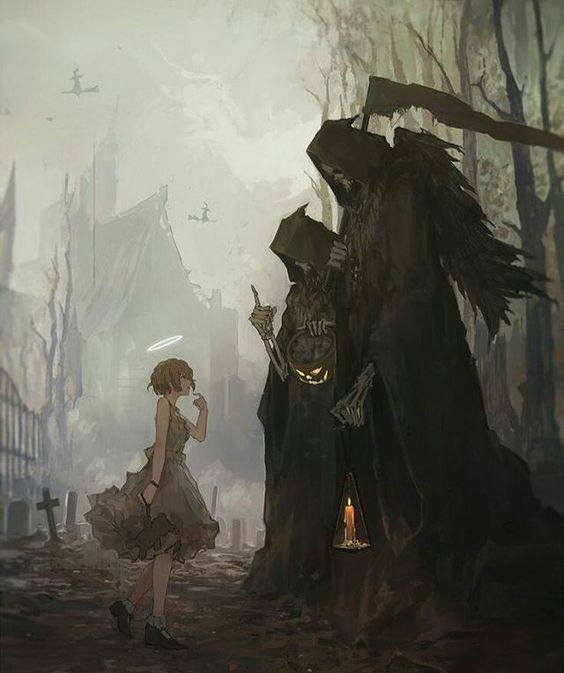
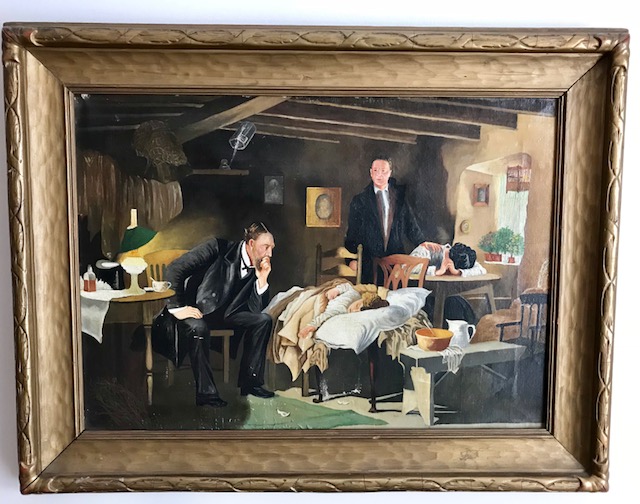
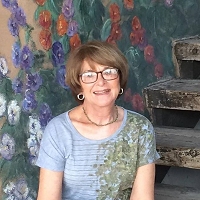

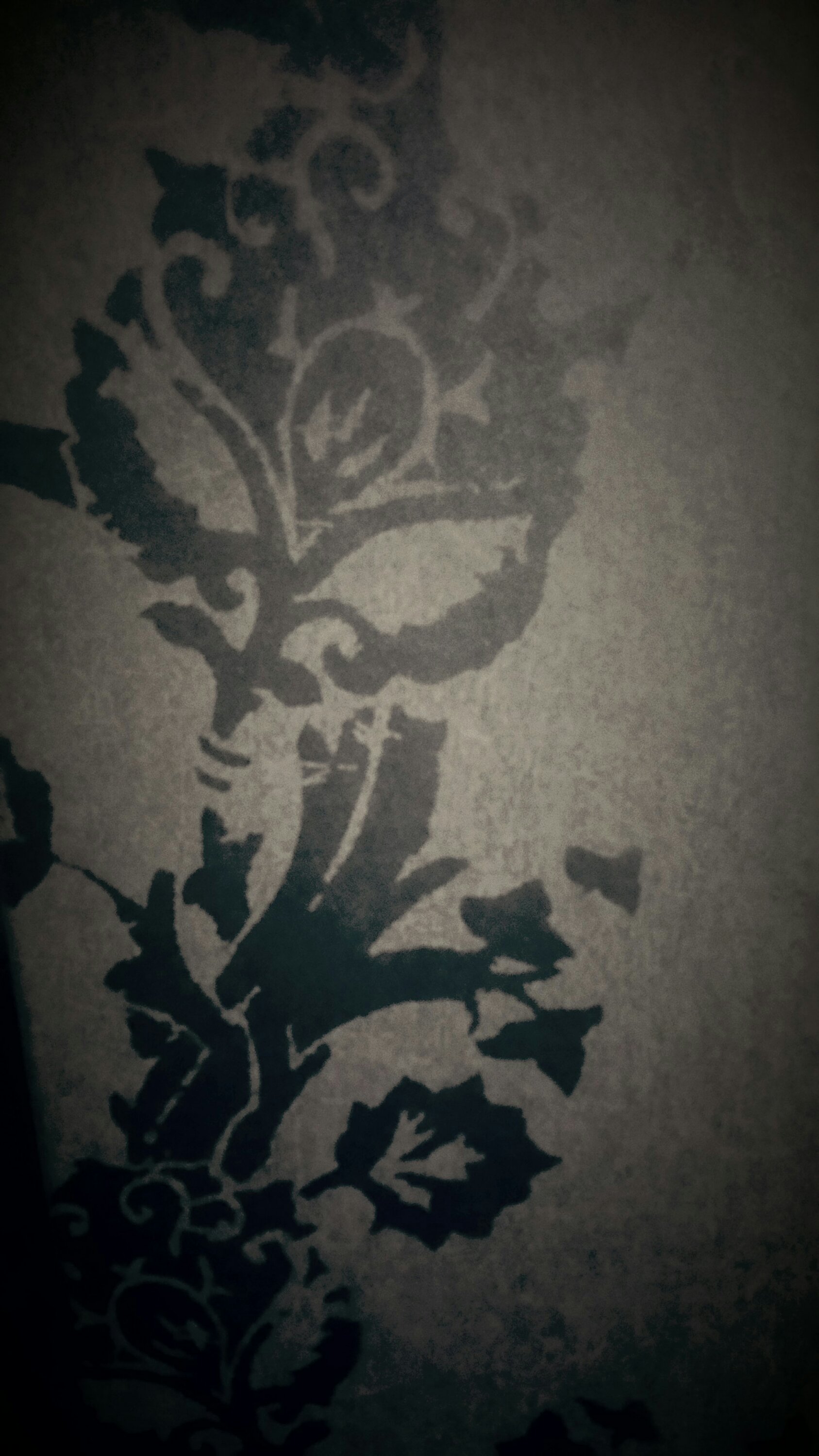
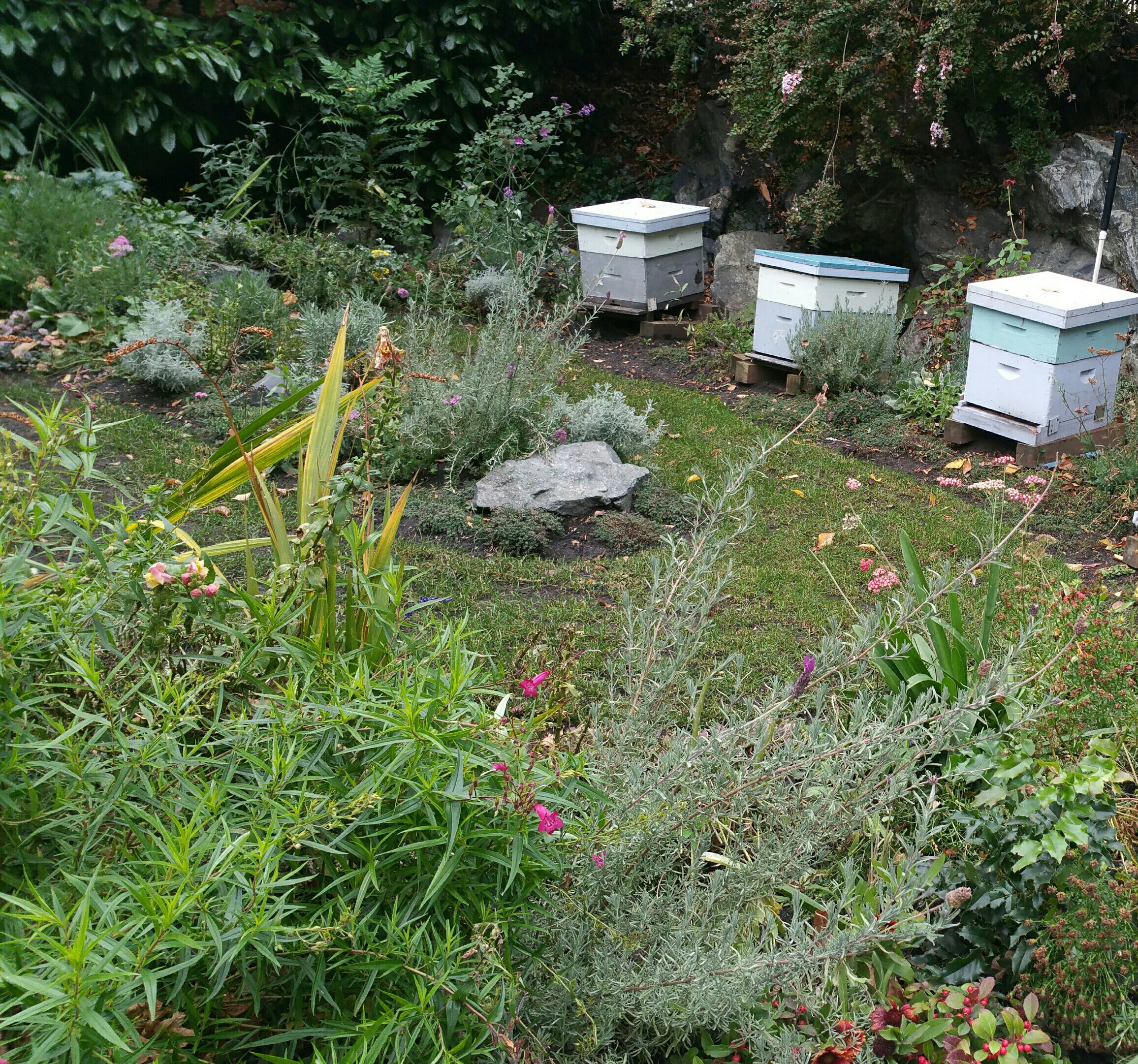
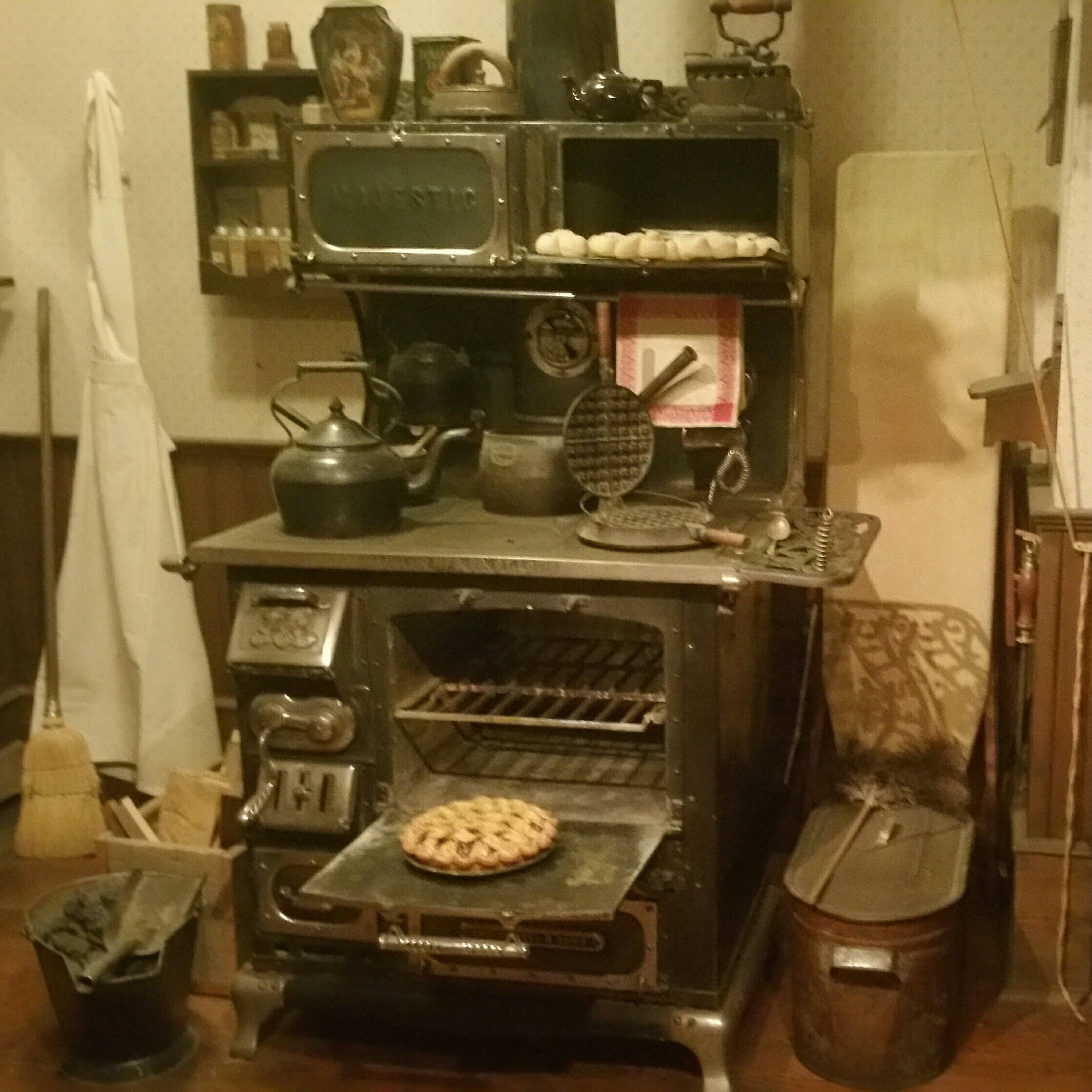 ss and threw her up and onto her bed. She leaned down, reached beneath the bed, and and then Saturnina leaned over and reached under the bed to retrieve the child’s snack.
ss and threw her up and onto her bed. She leaned down, reached beneath the bed, and and then Saturnina leaned over and reached under the bed to retrieve the child’s snack.
 “Rinse off,” her grandmother urges from beneath her enormous straw sunhat, the one that offsets the prominence of the equally large bosom sheathed in a practically bulletproof bathing suit.
“Rinse off,” her grandmother urges from beneath her enormous straw sunhat, the one that offsets the prominence of the equally large bosom sheathed in a practically bulletproof bathing suit.
 that are just enough too tall that he must help her.
that are just enough too tall that he must help her.

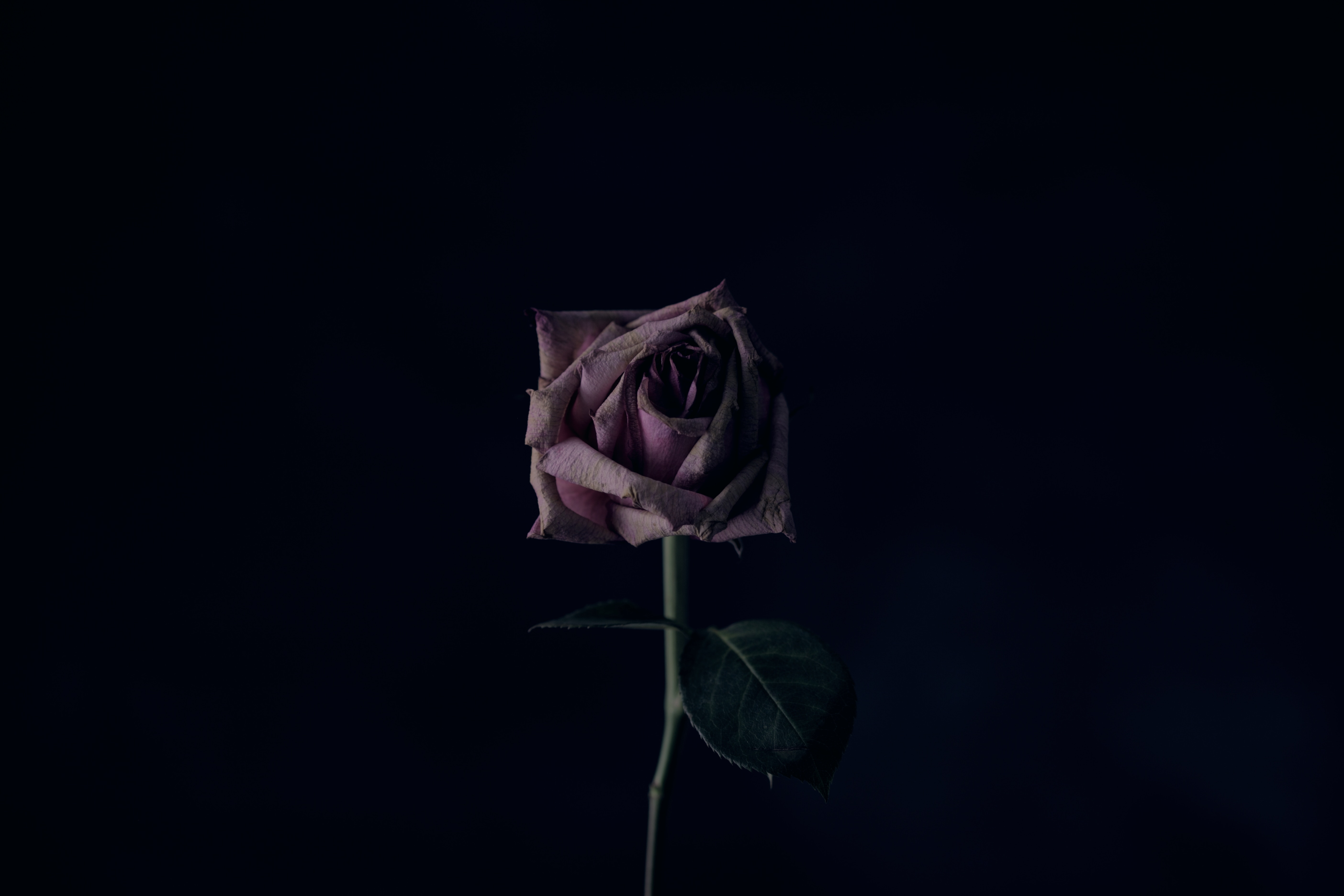
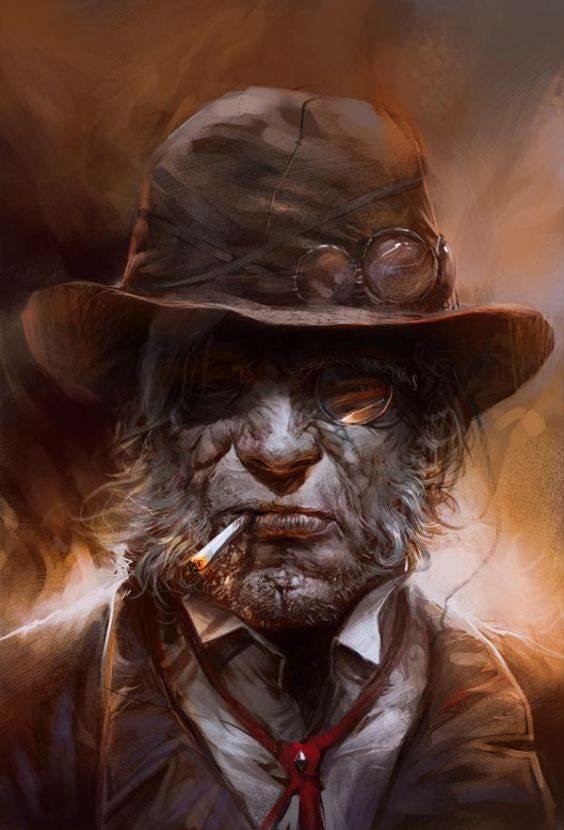 He’s waiting there, at the edge of the parking lot, in the spaces where flitters and aircars are parked nose-to-nose with family-sized SUV’s, the end of a cigarette between his teeth. His skin is weathered, his hat is likely as old as he his, but his eyes, faded blue – like old denim – are gentle. It shows his age, but he’s got a bolo-tie strung round the collar of his shirt.
He’s waiting there, at the edge of the parking lot, in the spaces where flitters and aircars are parked nose-to-nose with family-sized SUV’s, the end of a cigarette between his teeth. His skin is weathered, his hat is likely as old as he his, but his eyes, faded blue – like old denim – are gentle. It shows his age, but he’s got a bolo-tie strung round the collar of his shirt.